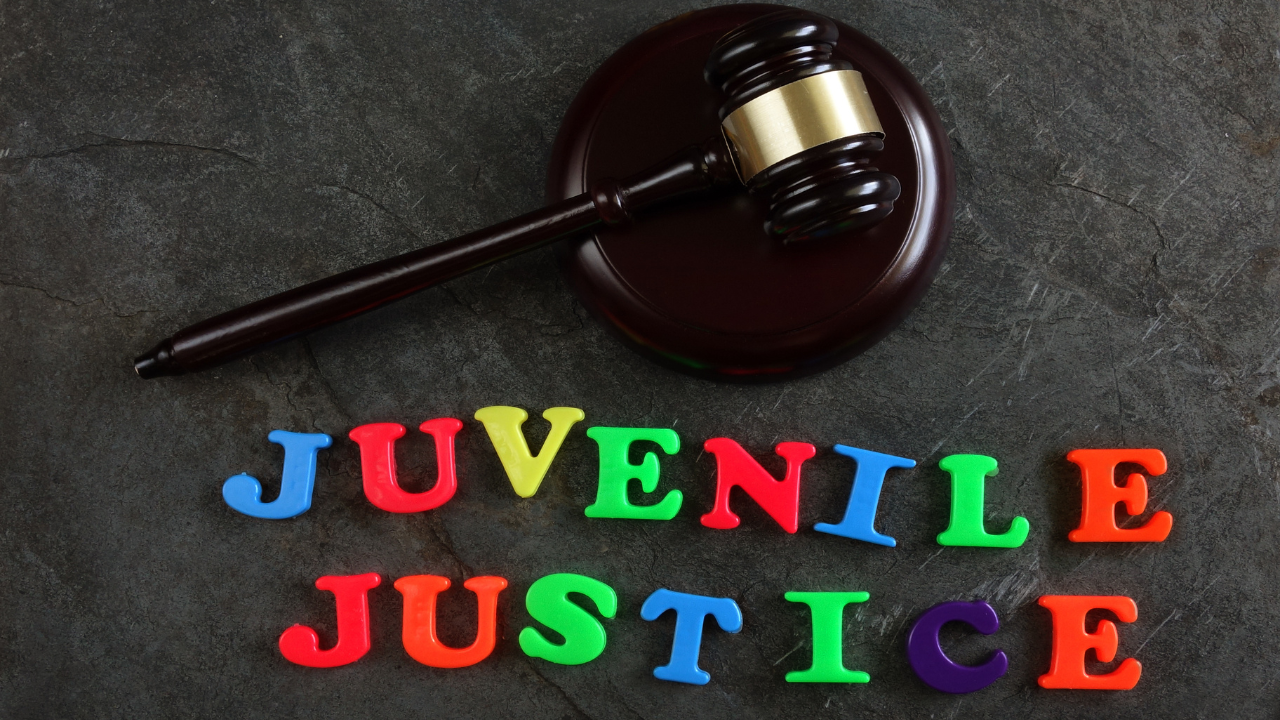What juvenile courts need to know
to support kids in the post-pandemic era
Living through a pandemic has significantly impacted young people, their families, and the social structures that support them. Many of the individual and environmental protective factors that reduce the likelihood of juvenile court involvement – including school connectedness and pro-social supports – have been compromised during and because of the pandemic. The long-term impacts for adolescents, as well as our youngest children, are yet to be seen. The field of juvenile justice practice and policy has made great strides in recent years to implement strategies that work to divert low-risk juveniles, effectively identify, and address the criminogenic needs of young people and reduce recidivism. Courts need to prepare now to effectively serve young people who have experienced school disconnectedness, social isolation, and exacerbated mental health needs. Please join NCSC in a 6-part webinar series focused on how juvenile court stakeholders can best support young people in the post-pandemic era across the justice system.
Recordings of past webinars are located at the bottom of this page.
Resources
Juvenile reports: Access the collection of previously published reports and articles.
Juvenile Justice Mental Health Diversion Guidelines and Principles: The report outlines several opportunities for youth with mental health diagnoses to be diverted or channeled away from deeper involvement with the justice system.

Webinar Recordings
Webinar 1: The impact of the pandemic on youth development and policy trends in juvenile justice
- Presentation Slides: Impact of the Covid-19 Pandemic on Youth Mental Health and Development
- Presentation Slides: Juvenile Justice Trends
Webinar 2: Diverting youth from the justice system
- Presentation Slides: Diverting Youth from the Justice System
